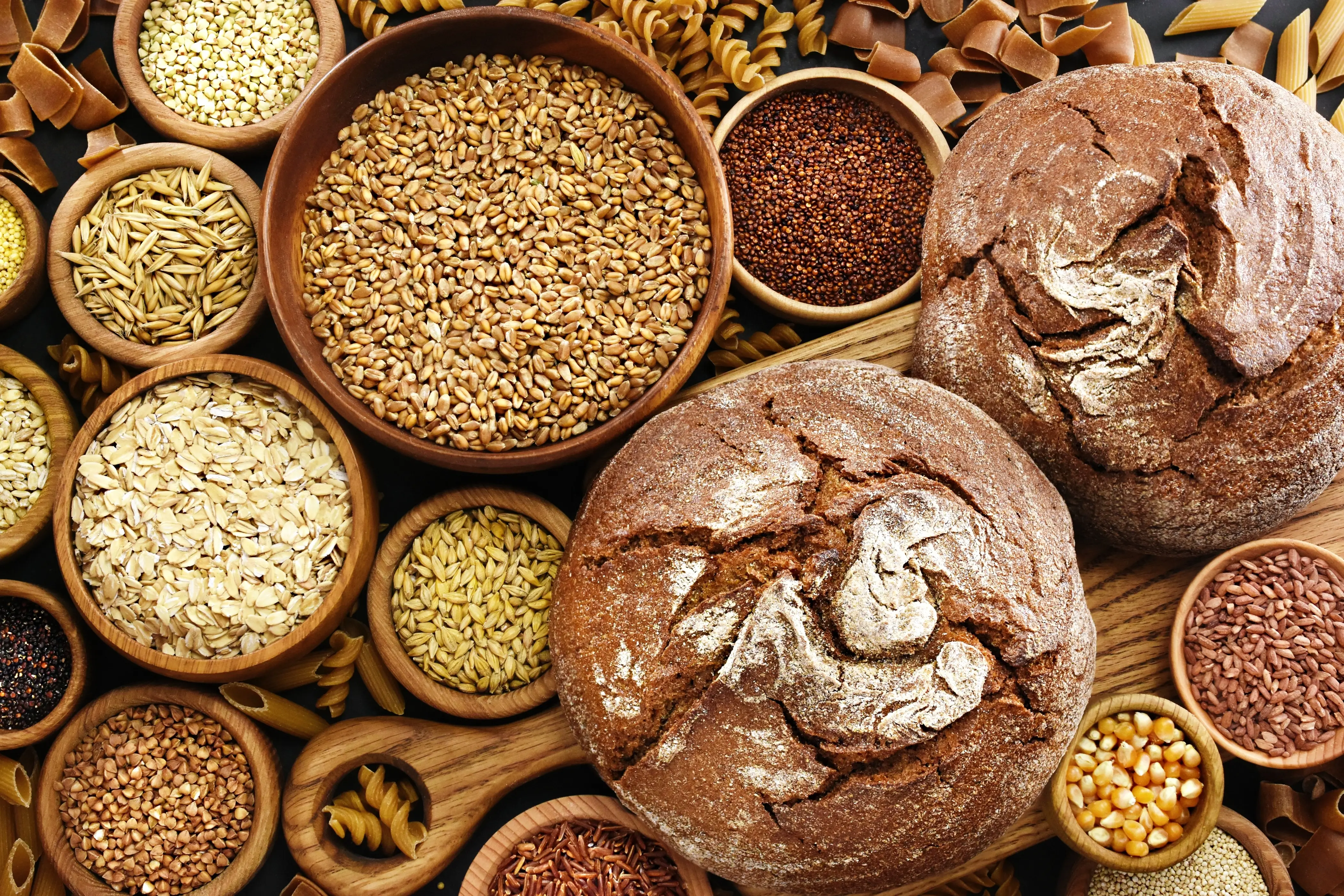Nutrition and Healthy Lifestyles

The concept of “clean eating” has gained widespread attention over the past decade, largely driven by social media, wellness culture, and nutrition-focused marketing. Foods described as “clean” are often perceived as healthier, safer, and even morally superior choices. Despite these positive associations, clean eating has no clear scientific definition and is not recognized as an evidence-based dietary framework within nutritional science.

Whole grains are an essential part of a balanced diet. Unlike refined grains, they contain all three parts of the grain kernel—the bran, germ, and endosperm—providing more fiber, vitamins, minerals, and beneficial plant compounds. Regular consumption of whole grains has been linked to a range of health benefits, particularly in reducing the risk of chronic diseases.

Zinc is a trace mineral—meannig our bodies need it only in small amounts—but its role is essential. It supports over100 enzymes and is involved in DNA synthesis, protein formation, cell growth, wound healing, and immune function. Because zinc cannot be stored in large quantities, we must obtain it regularly through the diet.

Managing high blood pressure isn’t always as simple as taking prescribed medication. In many cases, lifestyle factors may be silently working against your treatment. According to Dr. Stephen Juraschek of Beth Israel Deaconess Medical Center, making small adjustments in your daily routine can greatly improve your blood pressure control. Here are four areas where change can make a difference:

Nutrition Recommendations at School
